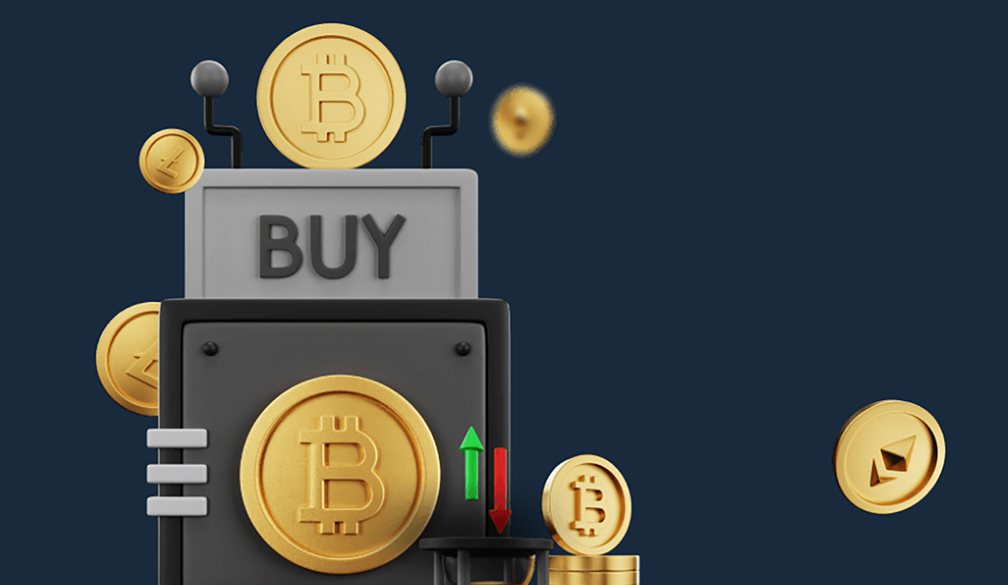Quantum AI and Algorithmic Trading: The New Paradigm

Algorithmic trading, the utilization of computer programs to automate financial asset trading, has experienced significant growth over time. Compared to other trading methods, it has gained popularity due to its superior ability to swiftly and profitably capture market opportunities.
Trading algorithms have recently gained popularity. It comprises automating asset trading using software. This rise is largely due to trading's continuously greater ability to exploit market opportunities quickly and effectively.
Modern cutting-edge technology known as quantum artificial intelligence (AI) combines the strength of quantum computing with the nature and pattern recognition abilities of AI. This combination improves the capabilities of trading data analysis. raises the precision of prediction.
Potential Impact of Quantum Artificial Intelligence
An advancement in the sector is the fusion of quantum AI with algorithmic trading. With additional options available to them as a result of this relationship, traders have a competitive advantage and the possibility for better trading results.
Now, let us delve into the potential impact of quantum artificial intelligence on algorithmic trading. This narrative will primarily focus on highlighting the key advantages associated with this technological
1. Swift Data Analysis
Quantum AI has a remarkable capability to quickly and effectively analyze extensive datasets. This empowers traders to make well-informed decisions with astonishing speed.
2. Enhanced Predictive Accuracy
AI harnesses its immense power to enable Quantum AI in generating highly accurate predictions on market movements. This, in turn, instills a profound sense of confidence among traders, empowering them to seize potential opportunities as they arise.
3. Adaptability to Market Dynamics
Quantum AI's adaptability in response to changing market conditions ensures that traders maintain agility and responsiveness, regardless of shifts within the financial landscape.
4. Exploration of Fresh Trading Avenues
This technology has the potential to uncover new trading opportunities. These opportunities might have gone unnoticed by traders before, thus expanding the range of profitable ventures available.
Incorporating Quantum AI into Algorithmic Trading poses various challenges. These hurdles encompass the costs of establishing quantum computing infrastructure and the necessity to further explore quantum algorithms.
In the financial world, Quantum AI and Algorithmic Trading have opened up a new chapter. To sum it up, these advances have brought significant changes.
Traders are empowered with speed, accuracy, mobility, and the ability to identify opportunities. This enables them to potentially transform the market.
However, it is important to note that this technology is still in its early stages and there are several challenges that need to be addressed before widespread adoption becomes feasible.
The Mechanics of Algorithmic Trading
The fundamental principles of algorithmic trading center around the significance of speed and accuracy. Traders devise precise algorithms to identify market patterns and swiftly execute trades, capitalizing on inefficiencies to gain a competitive edge.
The Quantum AI Advantage
With Quantum AI's capabilities, algorithmic trading is undergoing a profound transformation:
1. Expedited Trade Execution
Quantum computing's parallel processing capabilities can significantly reduce trade execution times, ensuring that trading algorithms maintain a distinct advantage in the market by executing trades swiftly and efficiently.
2. Enhanced Pattern Recognition
Quantum AI's remarkable ability to analyze massive datasets enables it to discover intricate market patterns that traditional algorithms might overlook. This empowers traders to seize unique opportunities and maximize their gains.
3. Adaptive Algorithms
Quantum AI enables the development of trading algorithms that learn on their own and adapt to real-time market changes. These algorithms continuously adjust strategies to ensure consistent profitability as market dynamics evolve.
4. Holistic Data Analysis
Beyond just market data, Quantum AI can integrate a broader range of information, from global news to social media sentiments, refining trading decisions.
Challenges and Implications
The integration of Quantum AI in trading raises concerns and implications. One significant concern is the potential increase in market volatility when multiple Quantum AI-powered algorithms simultaneously react to a market event. Additionally, addressing ethical considerations surrounding market fairness and transparency is crucial to ensure responsible utilization of this powerful technology.
Conclusion
Quantum AI and algorithmic trading collaborate to unite finance and cutting-edge technology, resulting in enhanced effectiveness and profitability within the dynamic marketplace. However, this collaboration necessitates a strategic approach that balances progress with financial market security.





